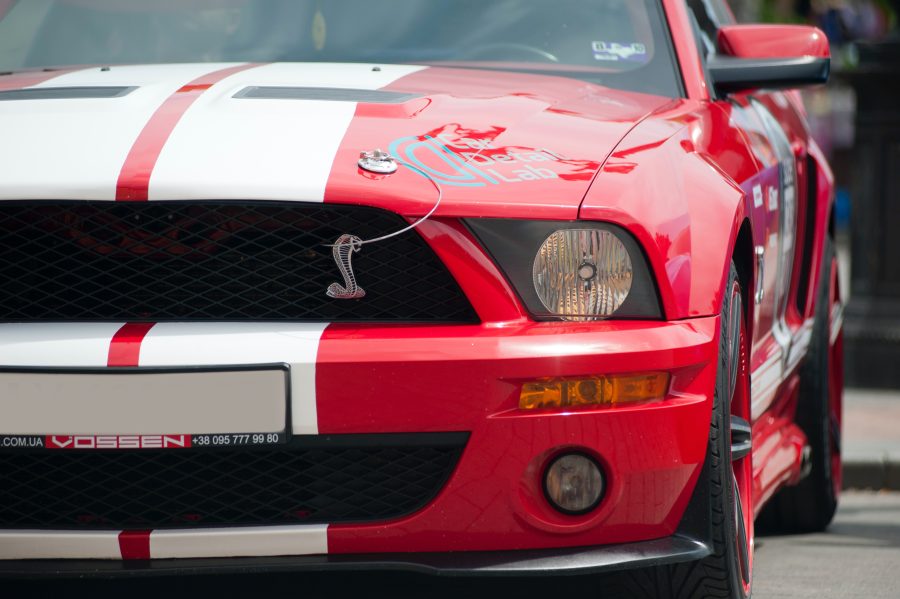SUVs, the vehicle equivalent of "go big or go home," have become all the rage in recent years. With their enormous size, versatile capabilities, and commanding driving position, it's no wonder everyone's jumping on the bandwagon. But before you trade in your trusty sedan for an SUV, you might want to consider both the good and the bad that come with it.
One of the main advantages of owning an SUV is their spaciousness and comfort. They typically offer more interior space than other types of vehicles, making them ideal for families or anyone who needs to transport large items. Many SUVs also come with a third row of seats, which can be useful for carrying extra passengers.

Another benefit of owning an SUV is their versatility. Many models are equipped with all-wheel drive, which makes them great for off-road adventures or navigating through inclement weather conditions. SUVs can also tow heavy trailers, making them useful for anyone who needs to transport boats, campers, or other large items.
The elevated seating position of an SUV is another advantage. It gives drivers a better view of the road, which can improve safety and provide a more commanding driving experience. This can be especially useful on highways or in heavy traffic. Additionally, many SUVs are built on a truck platform, which can provide greater protection in the event of a collision. Many SUVs also come equipped with advanced safety features, such as blind-spot monitoring, lane-departure warning, and automatic emergency braking.
However, there are also several drawbacks to owning an SUV. One of the biggest is their poor fuel economy. SUVs typically have larger engines and are heavier than other types of vehicles, which means they can be less fuel efficient and more expensive to operate. This can be a major drawback for anyone who needs to drive long distances or commute on a daily basis.
Another potential drawback is the cost of owning an SUV. They are generally more expensive than other vehicles, and their larger size can also make them more difficult to park and maneuver in tight spaces. This can be a major consideration for anyone who is on a tight budget or lives in an urban area.
SUVs also have a higher environmental impact than smaller, more fuel-efficient vehicles. Due to their poor fuel economy and larger size, they produce more emissions, which can be a major drawback for anyone who is concerned about their carbon footprint or wants to minimize their impact on the environment.
Finally, SUVs tend to have a higher center of gravity than other types of vehicles, which can make them less stable on curves or in high winds. Additionally, the larger wheels and stiffer suspension of many SUVs can make for a less comfortable ride than a smaller, more nimble vehicle.
Overall, the decision to purchase an SUV will depend on a variety of factors, including your driving needs, budget, and personal preferences. While SUVs offer many benefits, they also come with some drawbacks that you should carefully consider before making a purchase.


